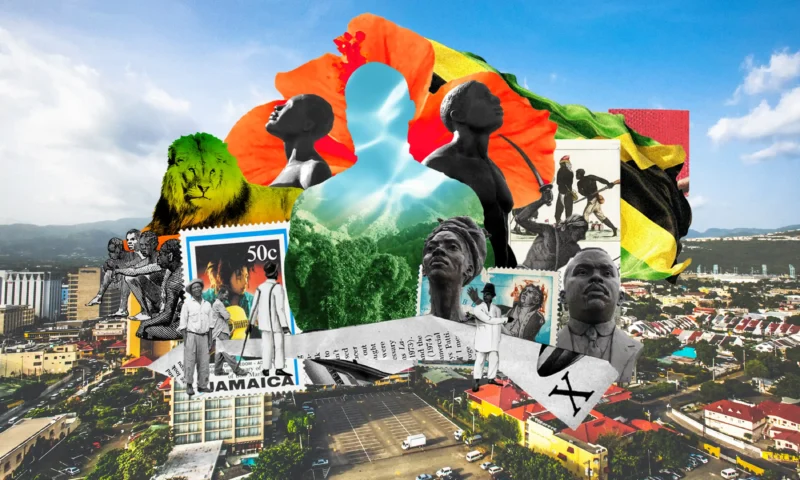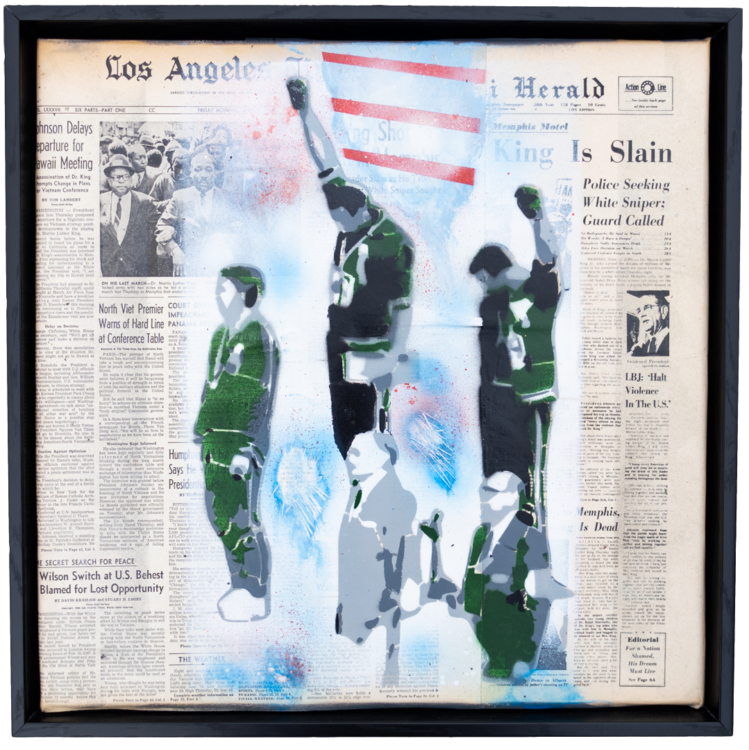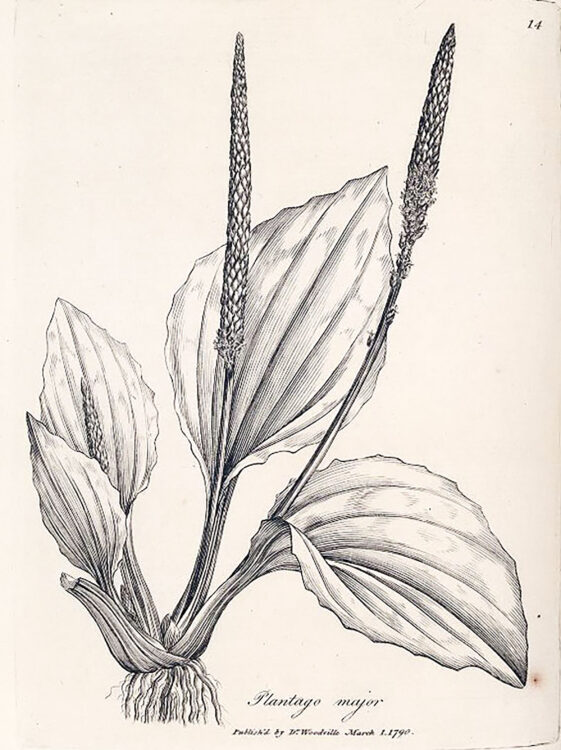A Historic Revolt, a Forgotten Hero, an Empty Plinth: Is There a Right Way to Remember Slavery?
Share
Explore Our Galleries
Breaking News!
Today's news and culture by Black and other reporters in the Black and mainstream media.
Ways to Support ABHM?
By Vincent Brown, The Guardian
As the author of a book about a pivotal uprising in 18th-century Jamaica, Vincent Brown was enlisted in a campaign to make its leader a national hero. But when he arrived in Jamaica, he started to wonder what he had got himself into.

(Dakarai Akil/The Guardian/Getty Images/Timestamp Media)
Let’s get something straight,” the politician told me, “we are now owning you.” Though this was meant as a warm welcome, hearing it from an eminent state official made me wonder what I had got myself into. Olivia Grange, Jamaica’s influential minister of culture, gender, entertainment and sport, looked me in the eyes: “You are Jamaican now, you are part of us.”
I met Grange last April, on a hot day in Port Maria in St Mary parish on the northern coast of Jamaica. Both of us had come to the town to commemorate the second annual Chief Takyi Day. Grange had established the holiday in 2022, instigating the government’s proclamation that henceforth 8 April would honour Takyi, or Tacky, as he was generally called in English, the best-known leader of the largest uprising of enslaved Africans in the 18th-century British empire. I was invited to the event because I had written the first book about Tacky’s revolt.
[…]
My presence, as a Harvard professor and the author of the most extensive scholarly treatment of the slave uprising, was supposed to add the authority of a global institution to the occasion. But the event was also a big deal for me. Grange and others involved in the commemoration of Tacky’s rebellion had cited my book as an inspiration for the holiday, and I’d been flattered when the organisers asked me to give remarks from the perspective of an American historian.
Academics don’t often get to see the impact of their books in the world, and initially I was just as eager as the locals to see Tacky celebrated with a national holiday. A historian’s job is to help us remember the past, and for someone in my line of work there are few greater satisfactions than knowing that you helped bring some previously obscure slice of history into common awareness.
During my time in Jamaica, however, I came to realise that the situation was not as simple as I’d imagined, and that my own feelings were far from settled. This was a national effort, and I was not a Jamaican national. I was grateful to hear the minister’s welcoming words, but they weren’t quite true. I was a part of something, though maybe not something I fully understood or agreed with. Along with Black people throughout the Americas, Jamaicans and I together belonged to the African diaspora. But as with scattered people everywhere – Jews, Armenians, Chinese, south Asians – there was no guarantee of mutual understanding or accord. There was nothing predetermined about how we would commemorate our common history, and the history of Tacky’s revolt was no exception.
Read on to learn about Chief “Tacky,” the historic revolt, and enslaved Africans in Jamaica.
Explore exhibits illuminating pre-captivity African life and culture.
Find more breaking news.



Comments Are Welcome
Note: We moderate submissions in order to create a space for meaningful dialogue, a space where museum visitors – adults and youth –– can exchange informed, thoughtful, and relevant comments that add value to our exhibits.
Racial slurs, personal attacks, obscenity, profanity, and SHOUTING do not meet the above standard. Such comments are posted in the exhibit Hateful Speech. Commercial promotions, impersonations, and incoherent comments likewise fail to meet our goals, so will not be posted. Submissions longer than 120 words will be shortened.
See our full Comments Policy here.